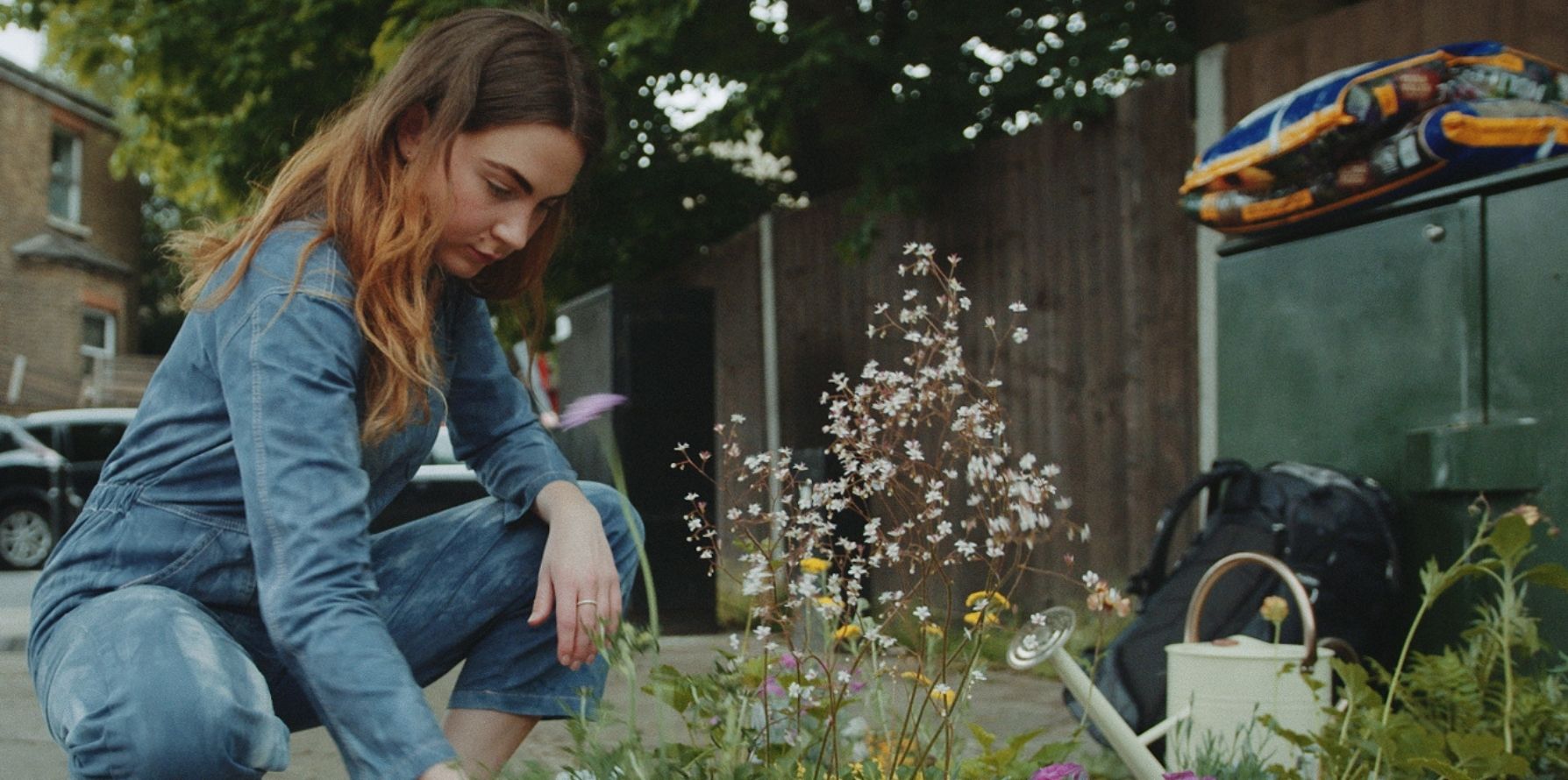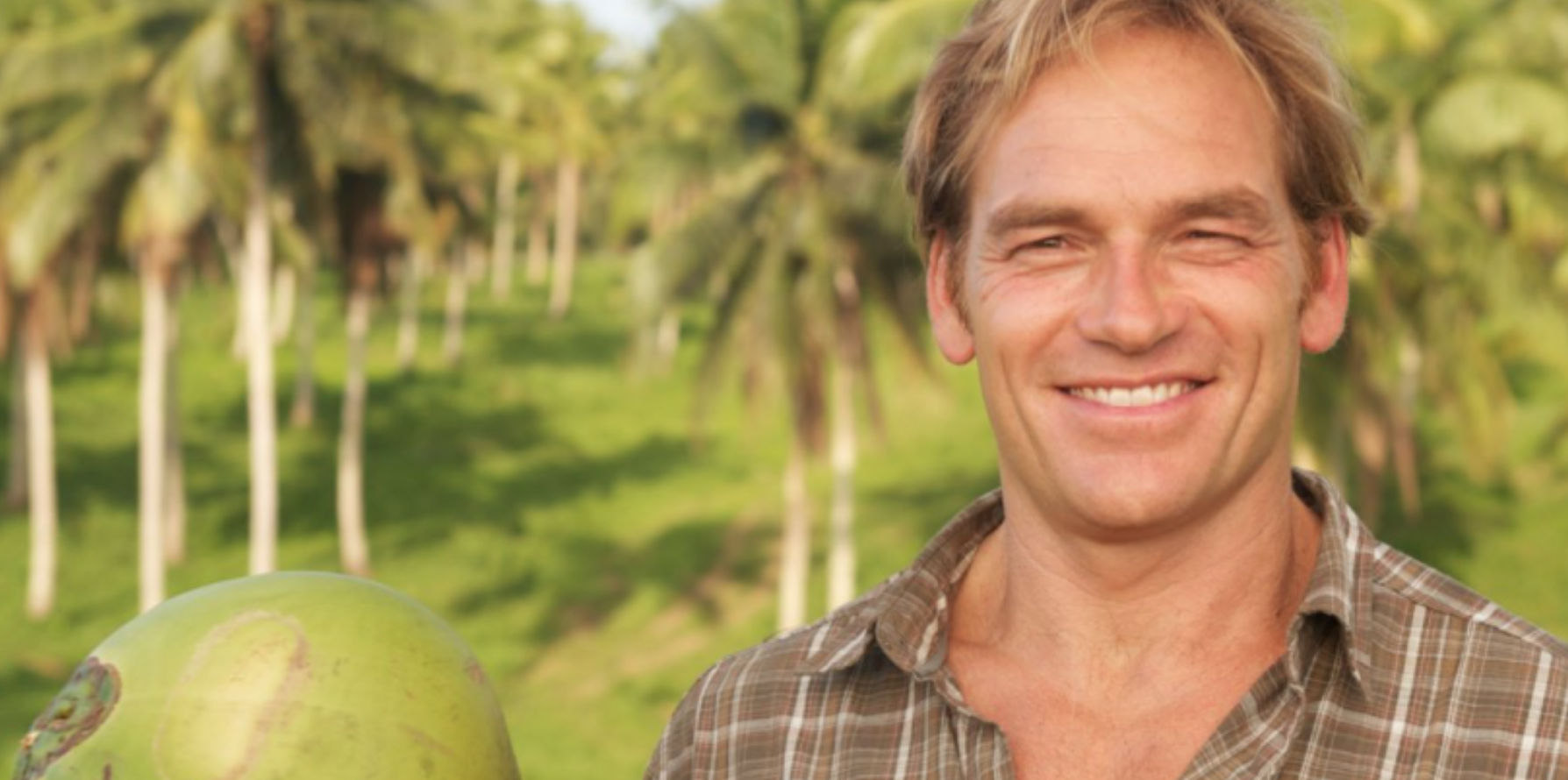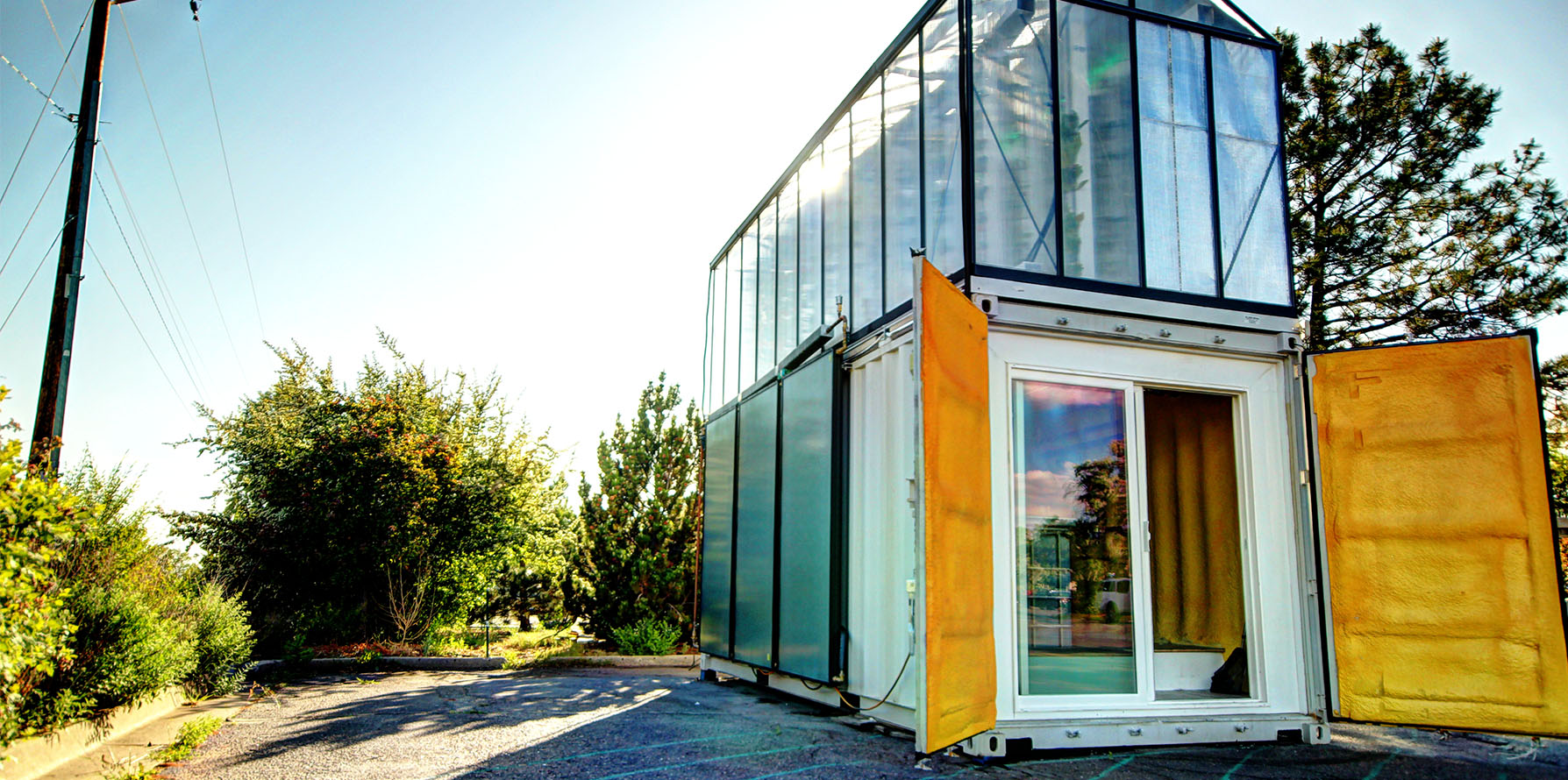
Ellen Miles Founder & Director - Nature is a Human Right
Activist, entrepreneur, author and strategist. Founder of nature is a human right, a movement to recognise contact with nature as a Human Right and Dream Green, a social enterprise that empowers people to become guerilla gardeners.

What motivated you to start nature is a human right?
I first learned about Guerrilla gardening from Ron Finley, who was frustrated with the lack of access to healthy food options in his South-Central Los Angeles neighbourhood. Rather than giving up, he started planting fruit and vegetables in the concrete jungle to create access to healthy food. What he did made me realise what was possible from the grassroots perspective, and I started doing it.
What did you do before you became an activist?
I was a campaign strategist who came up in advertising. I started going to therapy, and I realised I was talking about the same thing every week, how empty I felt. I realised that I could do all treatment in the world, but I would not be feeling good unless I did something with my life that I thought was meaningful. There were so many things I could have been passionate about, but I saw no one was trying to make contact with nature a human right.

What bit of mindful advice can you share?
The ebbs and flows come in waves. That's a story we need to be telling activists. I had difficulty calling myself one because I was not always on. I'm not constantly petitioning. I don't wake up and start tweeting. You're allowed to have the time to rest, and I believe that's part of activism.
What's one fact you wish everyone knew?
The fact that concrete outweighs every tree, bush and shrub on earth, and more concrete pouring happens all the time while nature depletes. We think of our planet as this blue and green orb, yet it's getting grey by the second, and we need to take action to reverse that.
How can someone get started?
I started with seed bombing, which I feel is a gentle way in. The ball creates a bit of protection for them from being eaten by predators. Using clay and compost is better for the environment and more sustainable. If you throw a bit of chilli powder in there, that stops slugs and squirrels from eating them. You can throw on the go, then let nature do the rest.
What's your favourite plant to grow and why?
I think sunflowers are incredible because they're remediation so, they take toxins out of the soil. When you plant them into toxic soil, they take it out so that other things can flourish in them, and they're pollinator-friendly. They also cheer people up—all-around a lovely plant to grow.

What can readers discover from your book?
A new perspective on why contact with nature should be a protected human right, journeying through personal narratives on mental health, disability, racism, environmental inequality, creativity, innovation, and activism through each contributor.
We have Dr Qing Li, a Japanese forest immunologist, the leading scientist on forest bathing. British writer and poet Louisa Adjoa Parker highlights rural racism, why people of colour are not welcomed or included in the countryside, and how to address that. Founder of disabled hikers, Syren Nagakyrie, speaks about disability and The Gangsta Gardener, Ron Finley, talks about change and how to make a more equitable, greener future for everyone.
It's Available for pre-order now, and everyone should get one, read it and join us.



